The Supreme Court just helped Obama tackle climate change
CC by: Seth Anderson
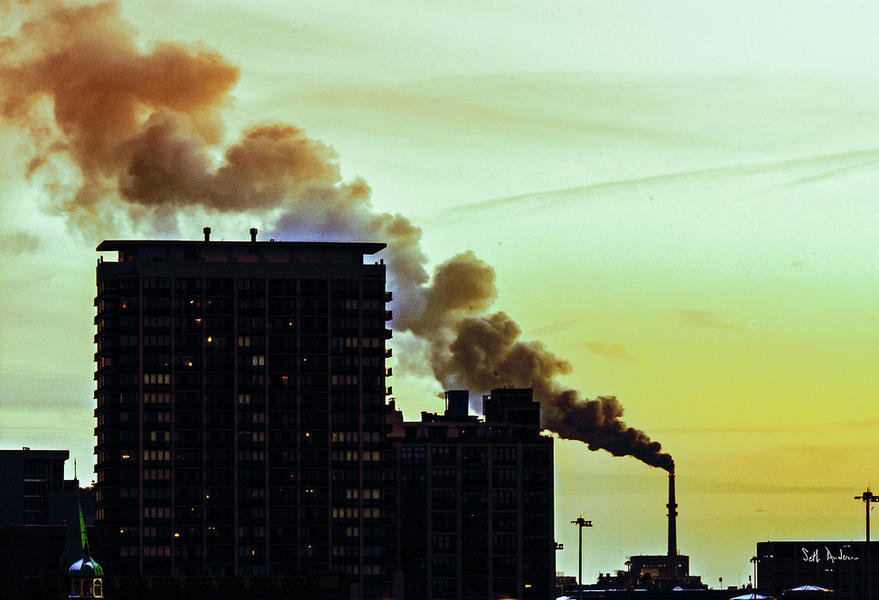

The Obama administration has had some pretty serious defeats before the Supreme Court recently, but Tuesday wasn't one of those cases. In a 6-2 decision, the justices ruled that the Environmental Protection Agency can use the Clean Air Act to regulate pollution from one state crossing into another. (Justice Samuel Alito recused himself, and Justices Antonin Scalia and Clarence Thomas are the dissenters.) The decision overturns a ruling from the U.S. Court of Appeals, District of Columbia circuit.
This upholding of the 2011 "good neighbor" rule is not just a win for the White House and EPA but also for states along the Eastern Seaboard who have spent decades breathing the smog and fumes sent over from Appalachia and the upper Midwest, where air quality rules are more lax. It's a loss for the coal industry, since coal-fired plants will have to install expensive equipment to "scrub" emissions of smog-causing pollutants or close down.
But the ruling is more than that — it provides, or hints at, maybe the biggest tool the Obama White House has to fight climate change. "It's a big win for the EPA, and not just because it has to do with this rule," Harvard environmental law expert Jody Freeman tells The New York Times. "It's the fact that it's setting the stage and creating momentum for what's to come." And what's to come is a broader use of the Clean Air Act to, well, clean our air of some heat-trapping carbon dioxide emissions.
The Week
Escape your echo chamber. Get the facts behind the news, plus analysis from multiple perspectives.

Sign up for The Week's Free Newsletters
From our morning news briefing to a weekly Good News Newsletter, get the best of The Week delivered directly to your inbox.
From our morning news briefing to a weekly Good News Newsletter, get the best of The Week delivered directly to your inbox.
A free daily email with the biggest news stories of the day – and the best features from TheWeek.com
Peter has worked as a news and culture writer and editor at The Week since the site's launch in 2008. He covers politics, world affairs, religion and cultural currents. His journalism career began as a copy editor at a financial newswire and has included editorial positions at The New York Times Magazine, Facts on File, and Oregon State University.
-
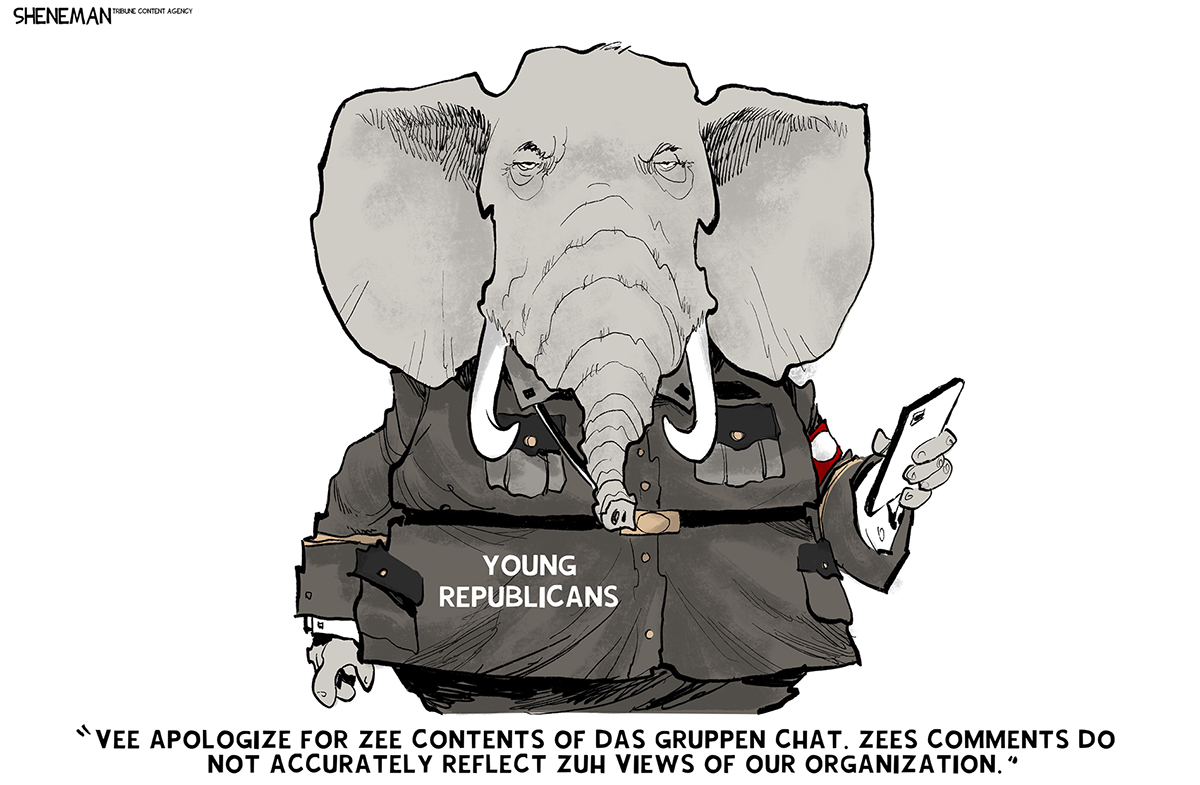 Political cartoons for October 26
Political cartoons for October 26Cartoons Sunday’s editorial cartoons include Young Republicans group chat, Louvre robbery, and more
-
 Why Britain is struggling to stop the ransomware cyberattacks
Why Britain is struggling to stop the ransomware cyberattacksThe Explainer New business models have greatly lowered barriers to entry for criminal hackers
-
 Greene’s rebellion: a Maga hardliner turns against Trump
Greene’s rebellion: a Maga hardliner turns against TrumpIn the Spotlight The Georgia congresswoman’s independent streak has ‘not gone unnoticed’ by the president
-
 Renewables top coal as Trump seeks reversal
Renewables top coal as Trump seeks reversalSpeed Read For the first time, renewable energy sources generated more power than coal, said a new report
-
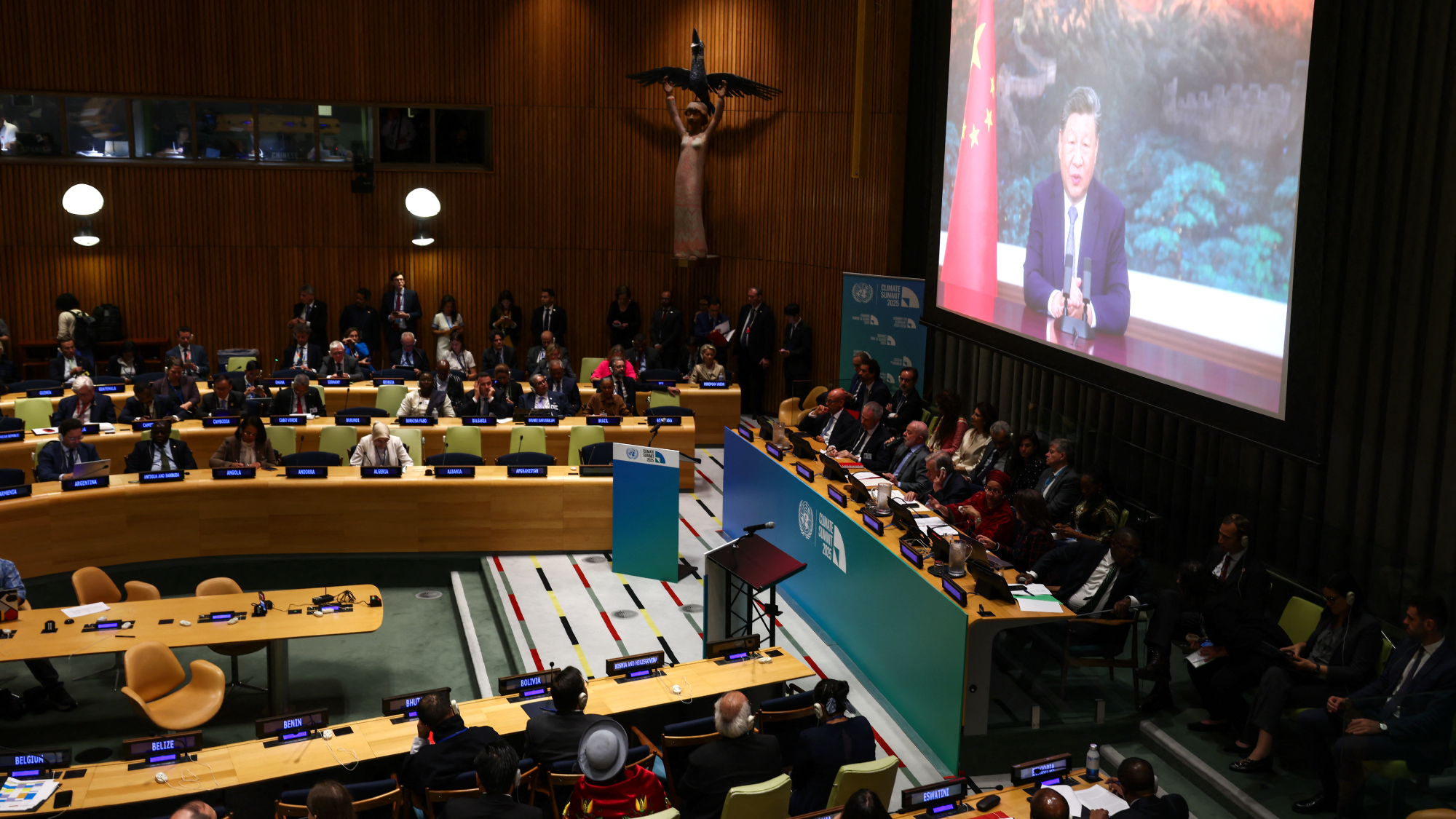 China vows first emissions cut, sidelining US
China vows first emissions cut, sidelining USSpeed Read The US, the world’s No. 2 emitter, did not attend the New York summit
-
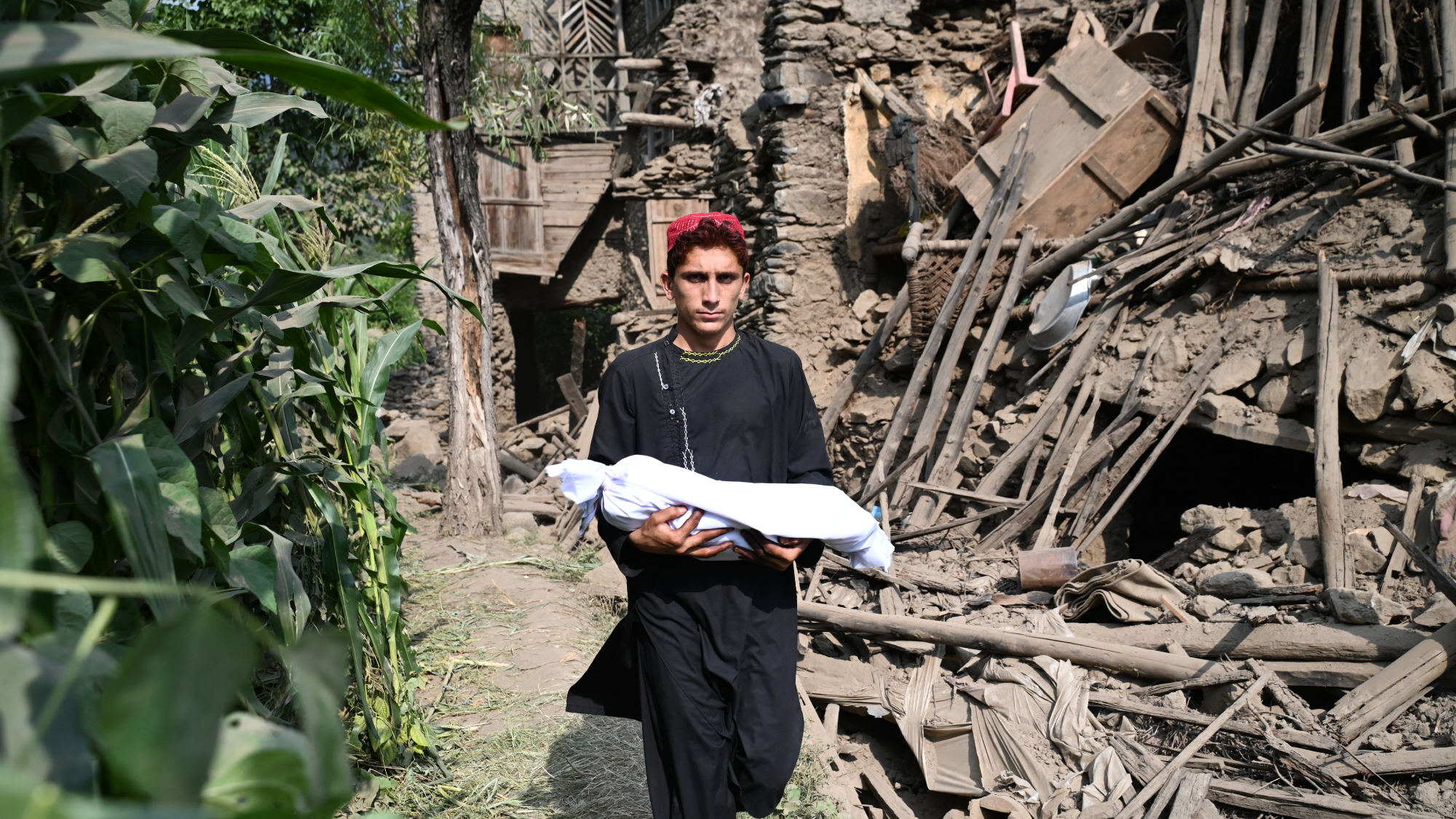 At least 800 dead in Afghanistan earthquake
At least 800 dead in Afghanistan earthquakespeed read A magnitude 6.0 earthquake hit a mountainous region of eastern Afghanistan
-
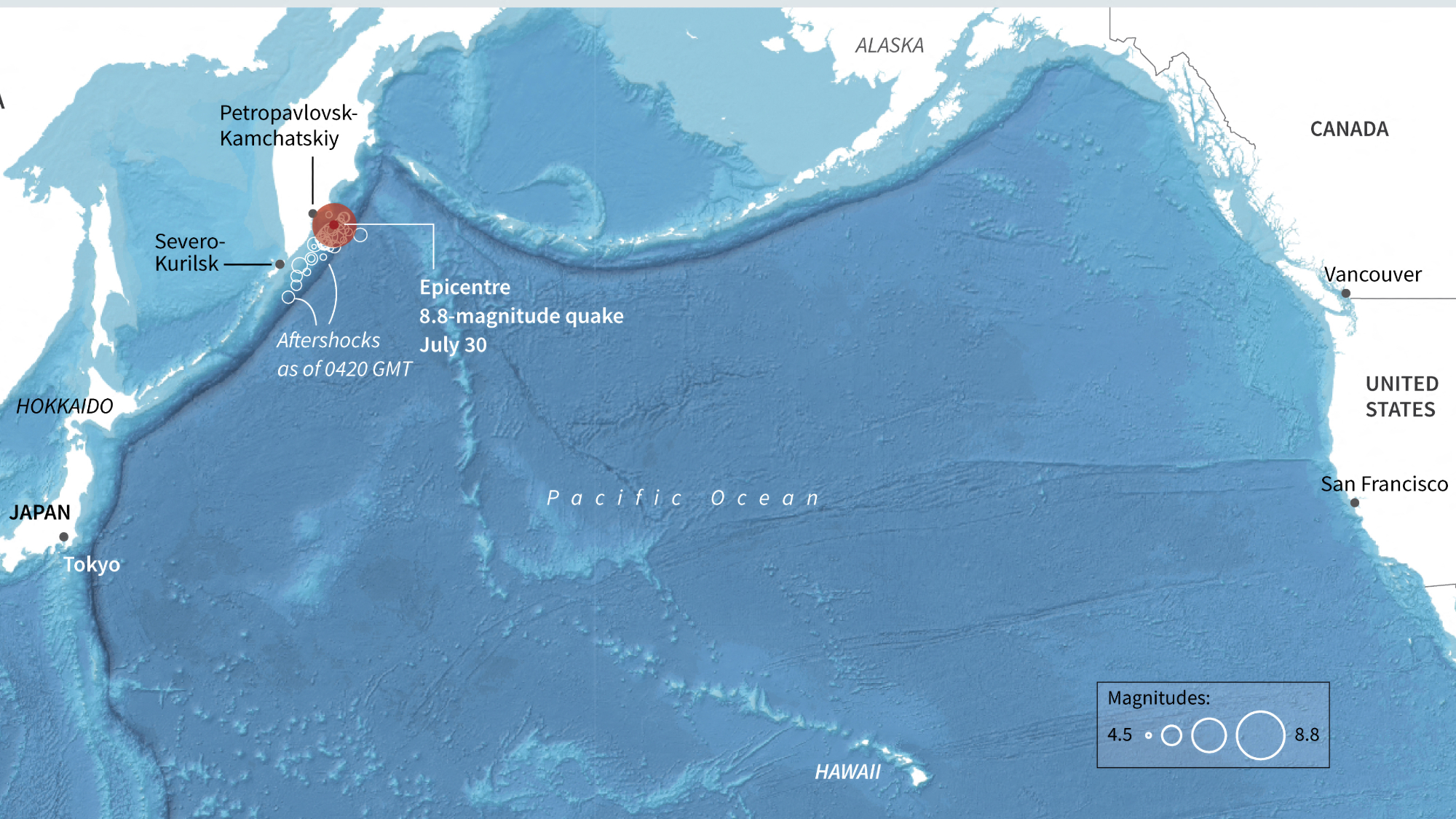 Massive earthquake sends tsunami across Pacific
Massive earthquake sends tsunami across PacificSpeed Read Hundreds of thousands of people in Japan and Hawaii were told to evacuate to higher ground
-
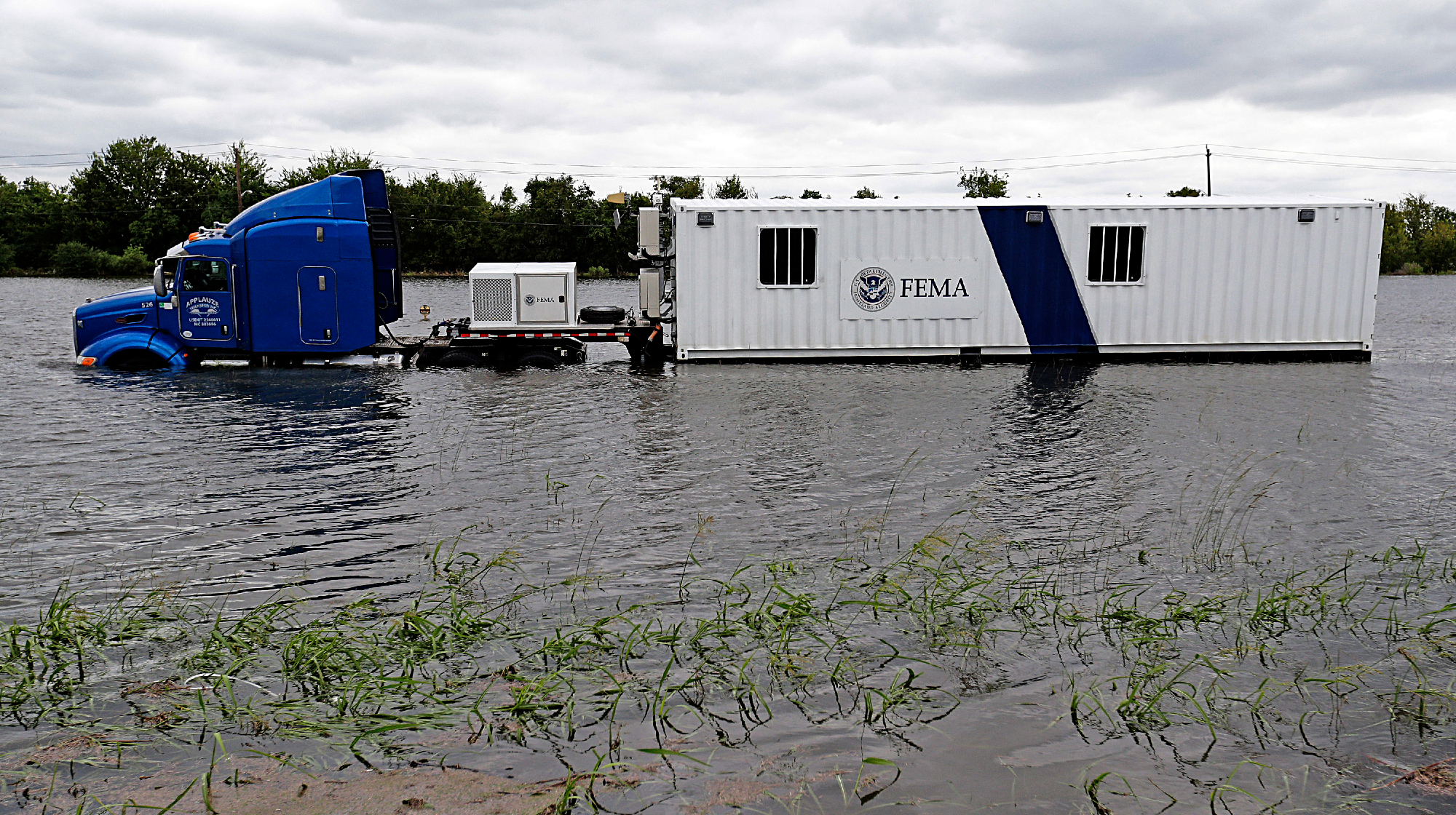 FEMA Urban Search and Rescue chief resigns
FEMA Urban Search and Rescue chief resignsSpeed Read Ken Pagurek has left the organization, citing 'chaos'
-
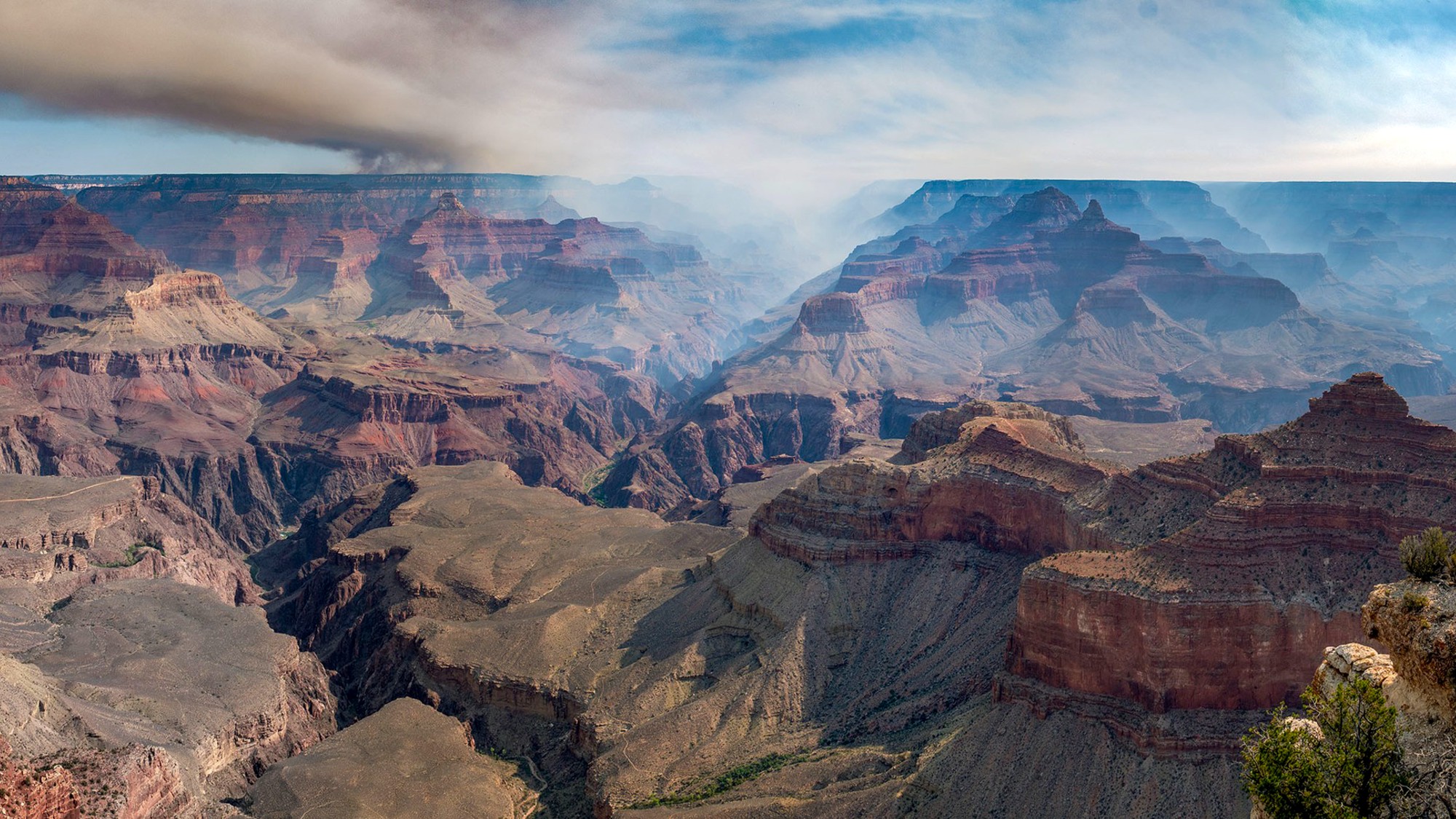 Wildfires destroy historic Grand Canyon lodge
Wildfires destroy historic Grand Canyon lodgeSpeed Read Dozens of structures on the North Rim have succumbed to the Dragon Bravo Fire
-
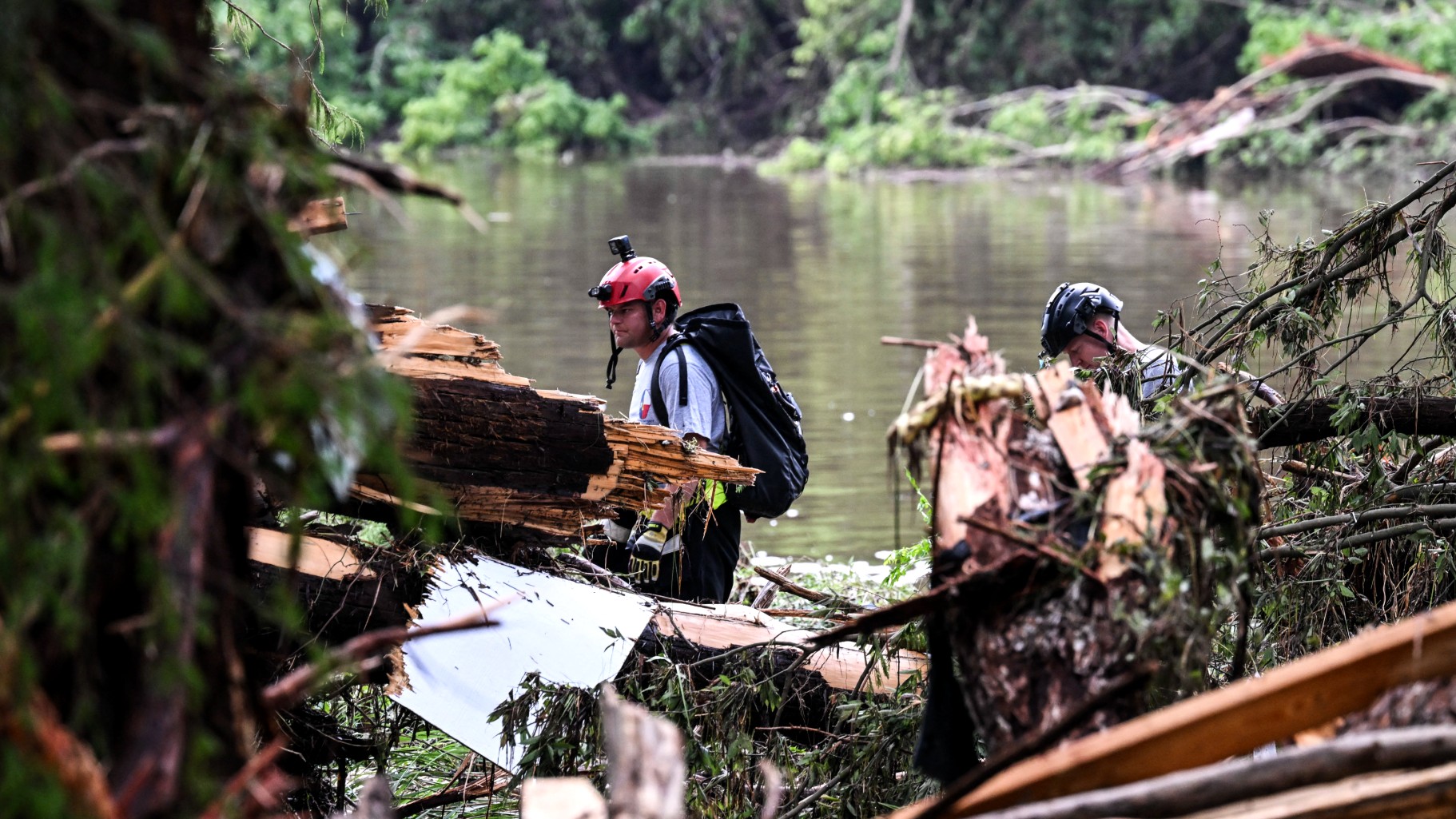 Search for survivors continues after Texas floods
Search for survivors continues after Texas floodsSpeed Read A total of 82 people are confirmed dead, including 28 children
-
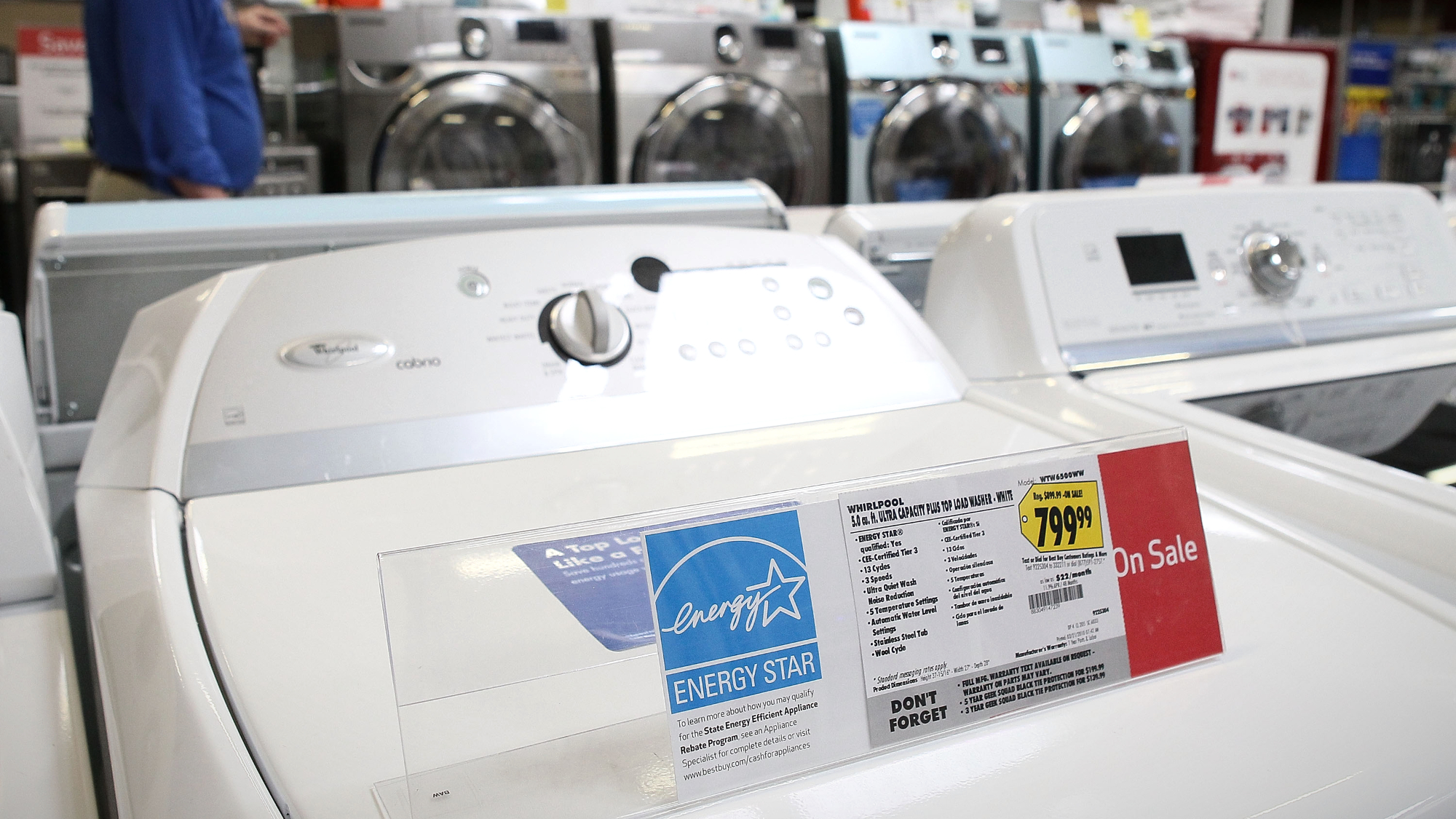 EPA is reportedly killing Energy Star program
EPA is reportedly killing Energy Star programspeed read The program for energy-efficient home appliances has saved consumers billions in energy costs since its 1992 launch
